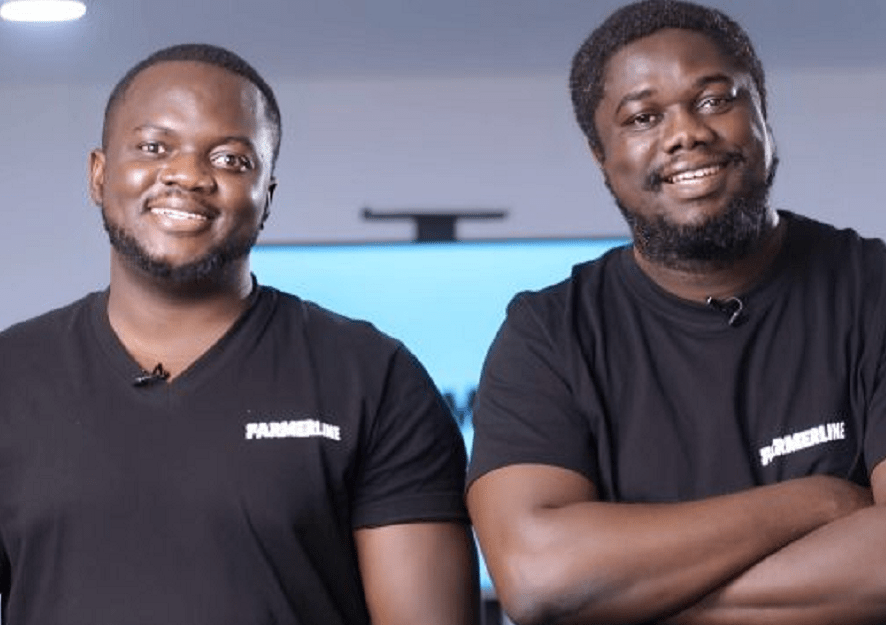One of the major challenges farmers face in Sub-Saharan Africa is post-harvest losses caused by inadequate infrastructure such as storage facilities. Furthermore, many farmers lack the necessary capital to engage in commercial farming.
Alloysius Attah and Emmanuel Owusu Addai are all too familiar with Ghanaian farmers’ and Africa’s overall challenges. According to TechCrunch, this inspired them to launch Farmerline in 2013, an agritech startup that provides technologies to increase farmers’ access to high-quality production inputs and education on best farming practices.
To ensure farmers have access to high-quality supplies, the startup collaborates with small retail shops or agribusinesses. It also uses these shop owners as the first point of contact for farmers, and thanks to these retail outlets, Farmerline can share educational materials and bring farmers together for training.
Read Also:
Nigerian Afrobeats Star Davido Raises $600,000 Via Social Media For Orphanages Across Nigeria
Furthermore, the small retail shop owners use Farmerline’s artificial intelligence platform Mergdata to digitize and predict the needs of the farmers they serve. According to the founders of Mergdata, the startup is also able to tell the performance of the retail shops with which it works and develop a credit scoring program that guides the extension of business expansion loans.
“We’re tapping into that agribusiness network, and in a way, we’re tapping into a network of trust — the relationship that these shop owners have with farmers to help us expand,” Attah explained.
From 8,000 farmers in 2019, the startup’s direct reach has increased to 79,000 in 2019. Thanks to a $12.9 million pre-Series A funding, Attah, and Addai will expand their operation to cover more Ghanaian farmers and even expand to the neighboring Ivory Coast.
According to TechCrunch, the funding round was led by Acumen Resilient Agriculture Fund (ARAF) and FMO, the Dutch entrepreneurial development bank, with participation from Greater Impact Foundation.
DEG, Rabobank, Ceniarth, Rippleworks, Mulago Foundation, Whole Planet Foundation, the Netri Foundation, and Kiva were among the debt lenders.
Attah and Addai also intend to use the funds to construct infrastructure such as warehouses and distribution networks to help with the distribution of farm inputs such as fertilizer and seeds to rural areas.
“We see ourselves as the Amazon of farmers… a digital and physical infrastructure powering a marketplace that enables the movement of goods and services to and from rural areas,” Attah explained.
“We intend to use the funds to improve our infrastructure, which includes warehouses and distribution channels.” Having a network of partners who can assist us in quickly moving inputs such as fertilizer and seeds to rural areas, as well as farm produce from rural areas, is critical and part of what we do. We don’t intend to bring all logistics and storage in-house, but we do want to be more efficient, which means working with the right partners,” he explained.

